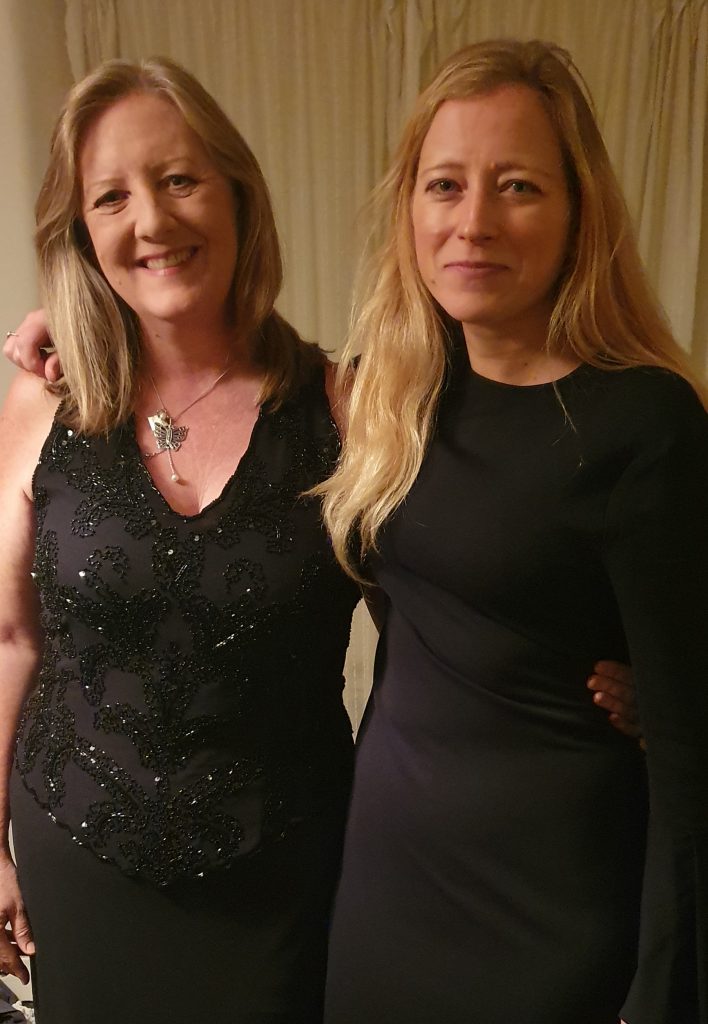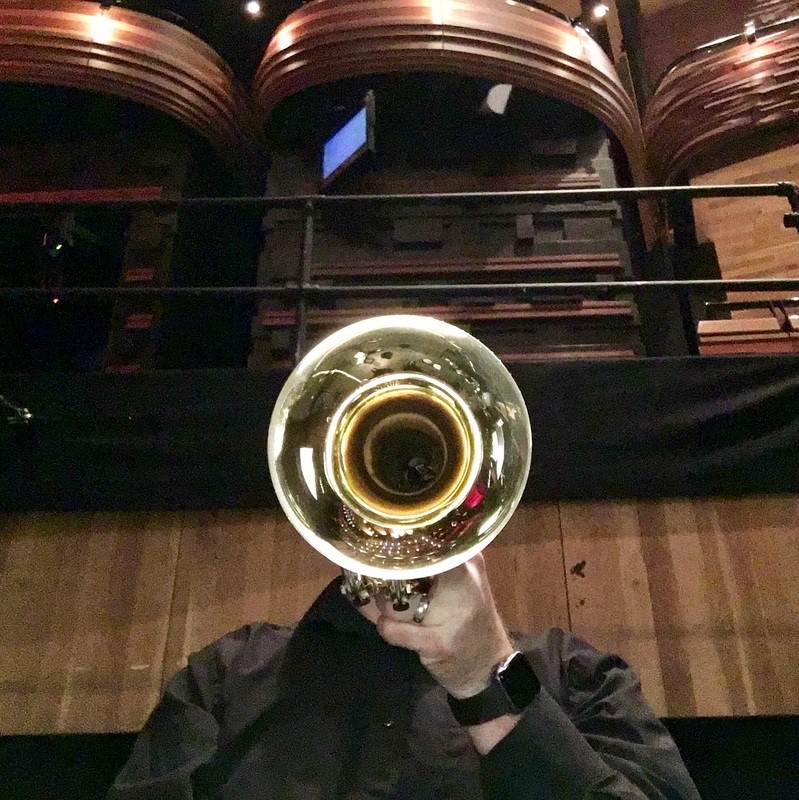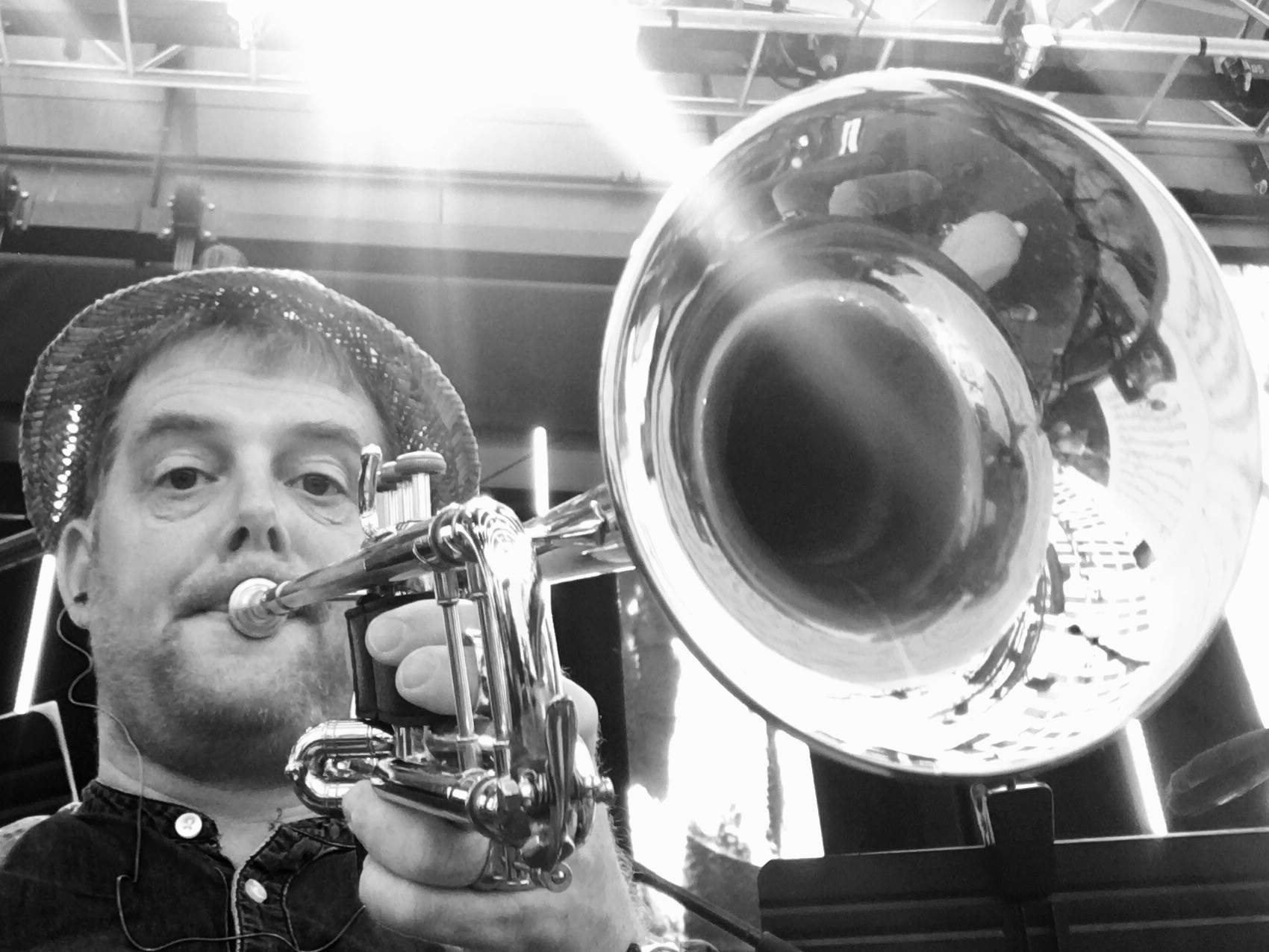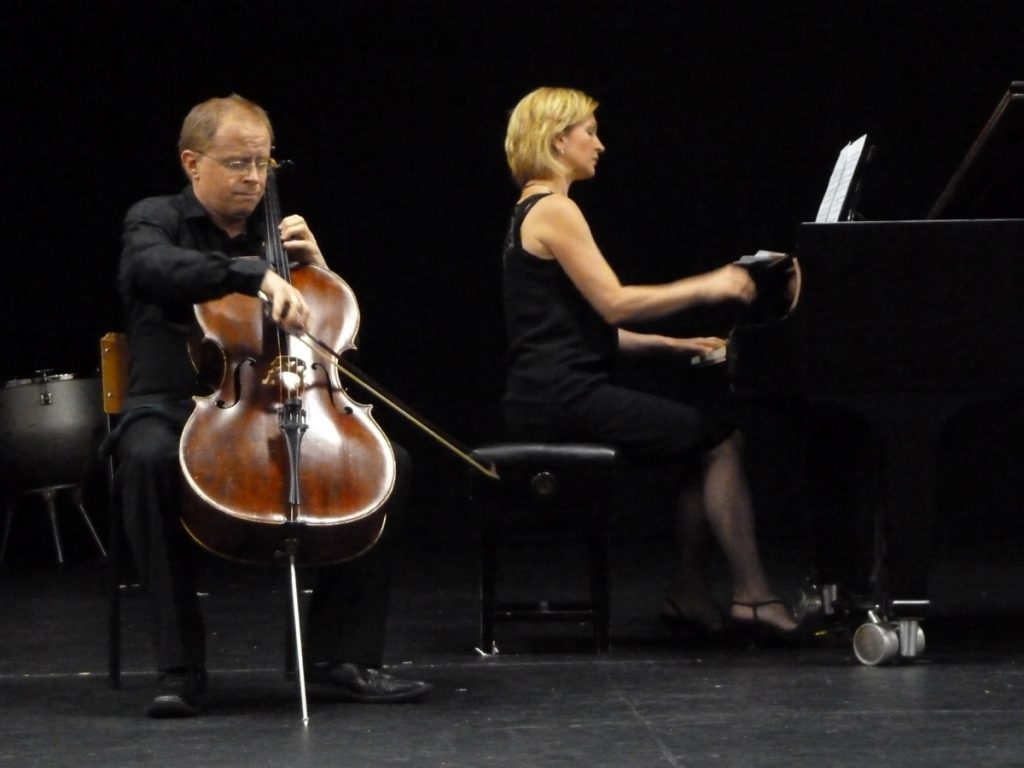A conversation with Dennis Simons
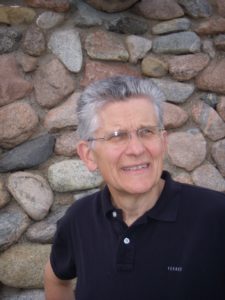 At a recent concert, we had the privilege to work with Dennis Simons, conductor of the Bristol Chamber Orchestra and music director and conductor of the Abergavenny Symphony Orchestra. Dennis has an illustrious career as a conductor, 20 years of which he spent in North America where he was music director and conductor of the orchestras of Saskatoon, Shreveport and North Dakota’s Minot Symphony Orchestra. He also conducted in the USA, Europe, Australia and Canada, including guest appearances conducting the Toronto Symphony and the Victoria Symphony.
At a recent concert, we had the privilege to work with Dennis Simons, conductor of the Bristol Chamber Orchestra and music director and conductor of the Abergavenny Symphony Orchestra. Dennis has an illustrious career as a conductor, 20 years of which he spent in North America where he was music director and conductor of the orchestras of Saskatoon, Shreveport and North Dakota’s Minot Symphony Orchestra. He also conducted in the USA, Europe, Australia and Canada, including guest appearances conducting the Toronto Symphony and the Victoria Symphony.
His prior career in England was as founder leader of the Alberni String Quartet, co-leader of the London Philharmonic Orchestra and leader of the BBC Philharmonic Orchestra. He has performed as solo violinist in three continents and has given over 20 solo broadcasts for the BBC.
We’ve taken the opportunity to ask him a few questions about conducting, its joys and challenges and his thoughts on the concert’s programme.
How did you first get into conducting?
I participated in various conducting classes and then was fortunate to have instruction and advice from some of the most distinguished conductors and pedagogues of the day. After beginning my career as Leader of the Alberni String Quartet, moving on to be Co-Leader of the London Philharmonic and then Leader of the BBC Philharmonic, it just seemed logical to me to become the conductor.
There are still some people who think that conducting is just about standing in front of an orchestra and waving your arms about – which obviously is miles away from the truth! How would you explain the role of a conductor?
There is a plethora of literature and theories on this subject trying to understand just how it works. Being able to effectively communicate intentions with hand gestures is important, but that is basic, it just helps the orchestra to play together. The orchestra needs a person to lead the vision of what the music is, where it is going and the sound it is going to make on its journey. The Italians refer to the conductor as ‘maestro’ and the French as ‘chef d’orchestre’.
What do you enjoy most about conducting and what is the most difficult part of it?
I enjoy working with the musicians of the orchestra, constantly challenging all of us to achieve the very best performance possible. When we get to the performance and it is successful, then that is a thrill!
As conductor, you are also responsible for choosing the programme. Tell us a little bit about the programme for the NWSO summer concert and how you went about choosing it.
I saw that it was your 50th anniversary season, which deserved a special experience for the summer concert. The first work I thought that would be a really thrilling finale was the mighty Pines of Rome by Respighi, the next work quickly followed, the virtuosic Benvenuto Cellini by Berlioz. In further discussions with members of the NWSO, the moving and passionate Franscesca da Rimini by Tchaikovsky and the powerful Forces of Destiny Overture of Verdi emerged onto the programme. With the inclusion of the heartbreakingly beautiful Intermezzo from Cavalleria Rusticana by Mascagni, we have an ‘Italian Connection’ blockbuster that is not to be missed. I am truly excited!

